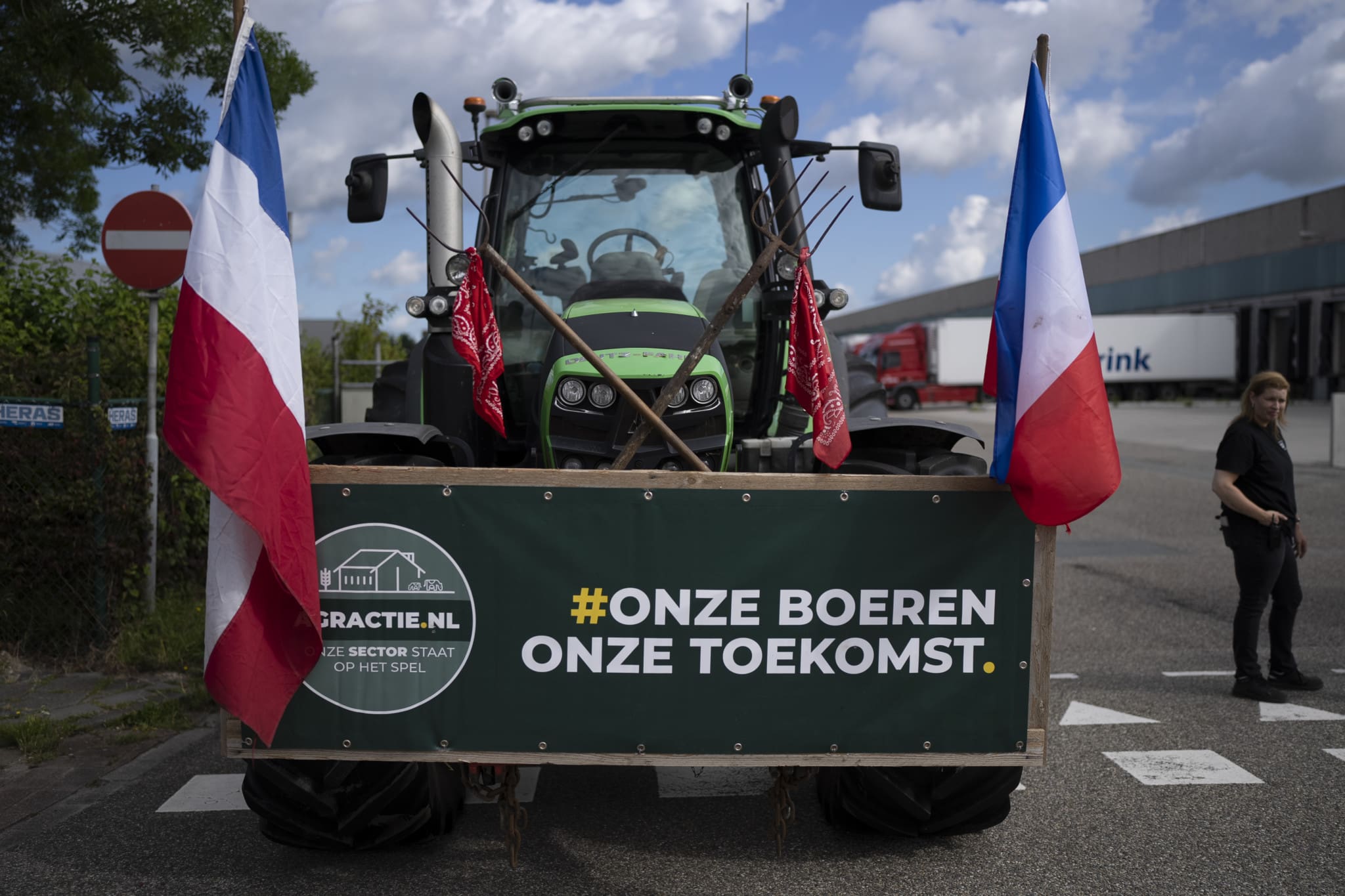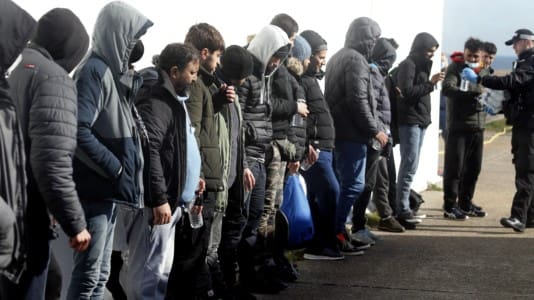The Dutch state has announced plans to seize up to 3,000 privately-owned farms and shut them down in order to comply with EU regulations on nitrogen emissions.
The Netherlands will take control of the private properties via compulsory sales, which will see owners receive a provisional figure of 120 percent of the farm’s value, although this figure has not yet been finalized.
Christianne van der Wal-Zeggelink, the country’s minister for nitrogen policy, told MPs on Friday the government would press on with the radical plan if it does not receive enough offers from proprietors to sell voluntarily.
“There is no better offer coming,” she told Dutch lawmakers, adding that the compulsory sales would be forced with “a heavy heart.”
The Dutch cabinet has set aside €24.3 billion in compensation for the Dutch farms, many of which are family-run and have been handed down for generations, surviving German occupation only to be seized by a Dutch state desperate to adhere to EU environmental standards.
The move comes following a long-standing dispute between the Dutch government, the European Commission, and Dutch agriculture leaders over how the country will comply with EU rules to halve its nitrogen emissions by 2030.
[pp id=41859]
Dutch farmers commenced nationwide protests over the summer in response to the Dutch government’s demands, and there is little to suggest that the industry will accept the plan for compulsory sales without a fight.
Sander van Diepen, a spokesperson for the Dutch agricultural and horticultural association, LTO Nederland, said at the time: “These reductions are so severe that those rural communities will be totally devastated economically.”
Commenting recently on the compulsory sale policy, the farmers’ lobby group said trust in the government “has been very low for a long time” and accused ministers of drafting environmental “restrictions without perspective.”
The deadline for farmers to come forward and voluntarily offer to sell will come at the end of autumn, at which point the state will directly intervene and prioritize high-polluting businesses.





